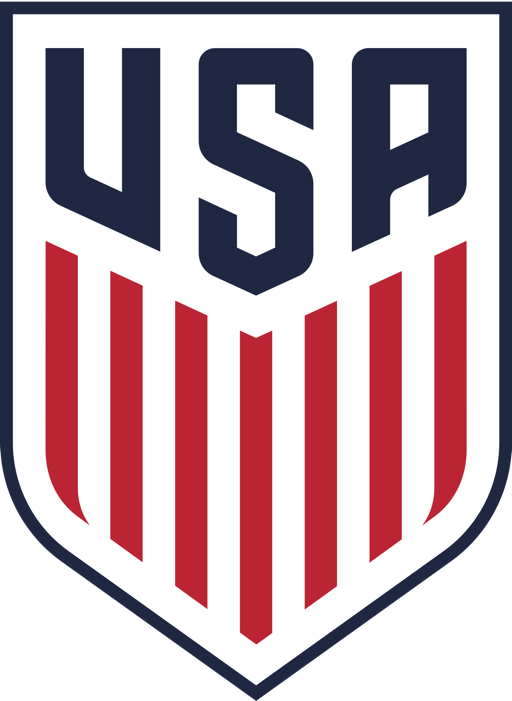With some soccer teams having 15 or more players, it is natural that everyone may not always get along. However, in most cases, it is advised that you try and work things out with your teammates for the good of the team.
First, you should try to identify the problem with your teammate or teammates so that you have a better idea of how you may be able to fix the problem. To start, you should identify whether you have an “on-field” or an “off-field” problem.
An “on-field” problem is something that happens between you and another teammate or teammates on the soccer field. Maybe your teammate claims that you are not passing enough, or working hard enough, or playing your position correctly. Or, maybe you have these feelings about one of your teammates.
Either way, if you feel that someone isn’t playing well, or someone feels that you aren’t playing well, unfortunately it isn’t up to the players to decide who needs to work harder, etc. This is the coach’s job, plain and simple.
If you are having these types of on-field problems, you should turn to your coach for help. In most cases, your coach has probably already noticed that something is going on among his players.
It is best to go to your coach with an “on-field” problem because he will be a third-party who is outside of the direct situation, however, because he is your coach, he will be used to his players’ styles and what they want and need on the soccer field. Your coach should be able to identify if players aren’t working as hard as they should or passing enough as they should. Ultimately, he is the boss.
If you talk to your coach about your problem and you still feel that the player has not made an improvement in either his behavior or his actions towards you, you should return to your coach and explain that if something doesn’t improve, you may be forced to talk to someone else, another coach, parent, or administrator, to fix the problem.
Usually, the coach or coaches should be able to help you with these on-field problems. If not, the problem may not be among the players– it may be with the coach himself. At this point, it is best to talk to your parent about your feelings and decide if this may not be the right team for you.
However, if you identify your problem with a teammate as an “off-field” problem, you may have to dig a little deeper to solve the issue. Maybe you are in different crowds at school, or your friends don’t like your teammate, or your teammate doesn’t like your friends. Maybe you and your teammate have a too-competitive relationship, and find yourself competing in soccer, other sports, and school. Maybe, for whatever reason, your personalities just don’t click.
If you have “off-field” problems, the two of you should sit and try to talk it out with one another, calmly, and see if you can figure out just why you are so bothered by one another. It may help to have another teammate present during these discussions who can help the two of you remain unemotional and reasonable during the discussion. You may never become best friends, but you need to learn to set your personal differences aside for the good of the soccer team.
In all, it is an important lesson to learn to try and get along with your teammates, even those you don’t like or who don’t like you.
You will meet many people you won’t necessarily always like at school, college, and work, but we all have to learn to work together and get along to reach our common goals.
Learning how to get along on the soccer field, to put personal differences aside in order to work well as a team, can help you in all of your relationships outside of soccer. Just remember to stay calm, and remember– no one is perfect, not even you.
There is always room to improve how we get along with one another.




